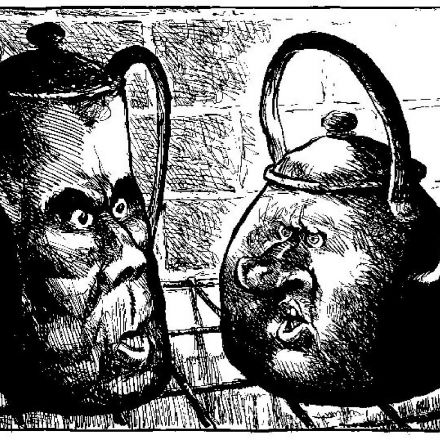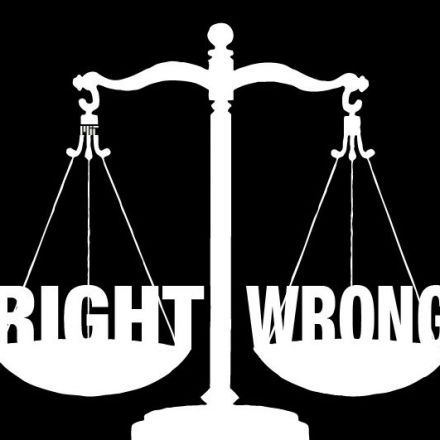

10 years ago
1
Subjective Tastes & Character Judgments—Two Great Flavors that Taste Lousy Together
To be very clear: I’m not talking about subjective tastes that have a genuine moral component. I understand that there are moral issues with, for instance, food (eating meat or not?); consumer items (were they made by exploited laborers?); choice of transportation (does it pollute?); and lots of other examples. I’m also not talking about subjective choices that actually do immediately infringe on other people, like playing loud music at three in the morning and keeping the neighbors awake.
Continue Reading


























Join the Discussion
OK. Let's break it down. Partially it is because subjective tastes rarely don't have a "genuine moral component".
Professional athletics - exploitation of and health risk to participants (drug enhancers, brain damage, paralysis and death in case of motorsport). The entertainment value clearly pales in comparison to the risk it carries - indeed, it enhances the spectacle for some spectators because that entertainment value is measured in billions of dollars annually for sponsors, clubs and organizers.
Fashion - rarely do we see fashion which is not tainted with controversy of self image mental disorders, sweatshops, child labor, slave labor, animal rights while all it provides is purely aesthetic value vis-a-vis vanity. The items of clothing are never novel in any technological breakthrough sense. New lines do not differ from old lines because they supply superior fabrics which save on climate warming fuel in production or maintenance (e.g. don't need washing, mending). The production is of a disposable item which will be discarded once the thread is beyond repair and its replacement will be exactly the same except the color and cut (and perhaps a zipper instead of buttons - because those are sooo last year).
Entertainment - popular music and film are routinely abused to promote commercial and political agenda yet young people are the number one consumer demographic of these. Subgenres are about specifics: pop music is far less likely to be crypto-racist than country music but far more likely to be crypto-sexist and in any case - given the quantity of material produced and consumed - should we not consider genre as a predisposition to be bigoted in one way or another? I ask this as a fan of both Michael Jackson and Johnny Cash.